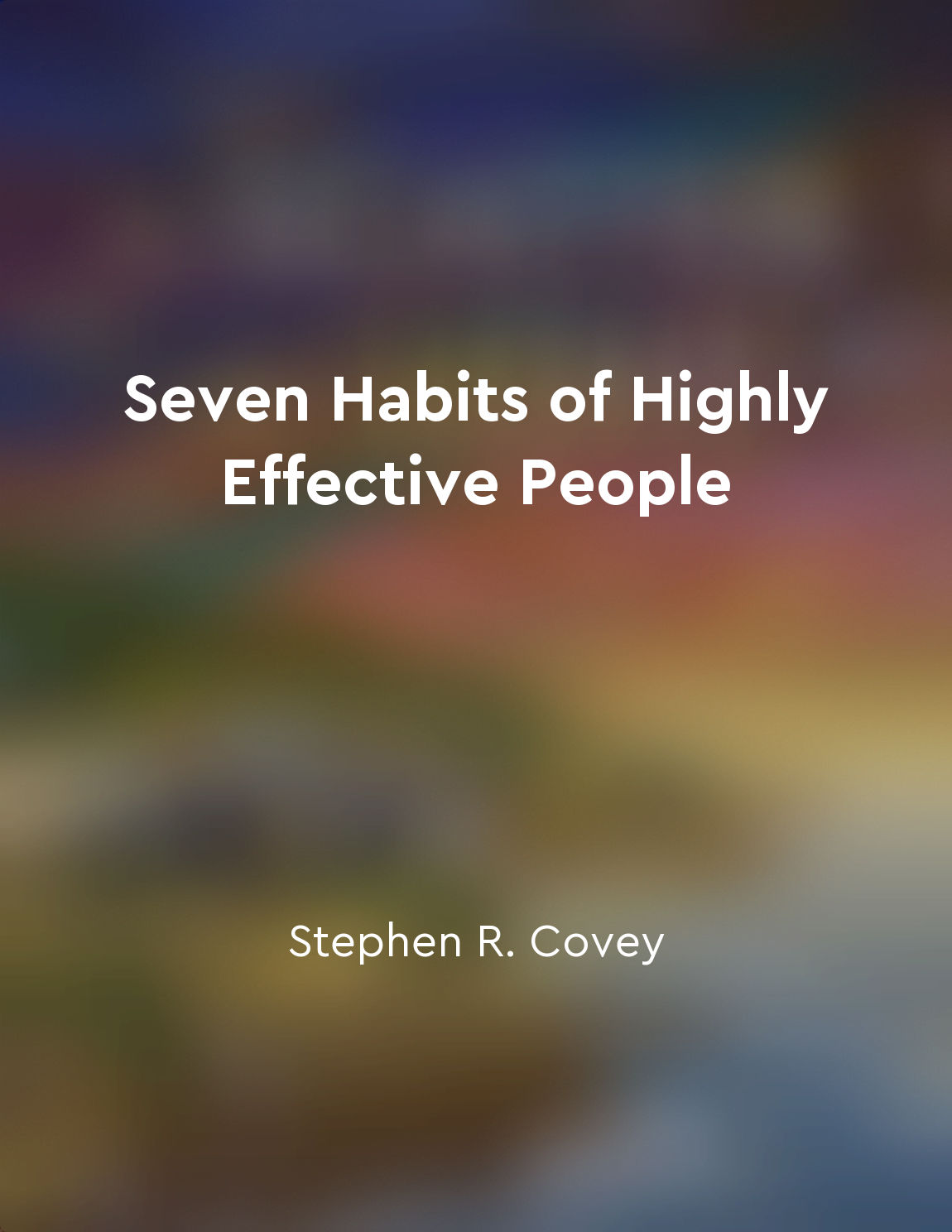Audio available in app
Validate the speaker's feelings and experiences from "summary" of O Poder Da Escuta Ativa by Editora Prosperar
Validating the speaker's feelings and experiences is a crucial aspect of active listening. When we validate someone's feelings, we are acknowledging the validity of their emotions, showing empathy, and demonstrating that we are truly present and engaged in the conversation. This validation helps the speaker feel heard, understood, and respected. It creates a safe space for them to express themselves openly and honestly. Validation involves actively listening to the speaker without judgment or interruption. It means focusing on their words, tone, and body language to fully grasp the depth of their emotions. By validating the speaker's feelings, we are not only validating their experience but also validating their identity and worth as a person. This validation can help build trust and strengthen the relationship between the speaker and the listener. When we validate someone's experiences, we are acknowledging the significance of their life events and the impact they have had on them. We are showing compassion and understanding towards their struggles and triumphs. This validation can help the speaker feel validated and validated in their own experiences, empowering them to share more openly and authentically. Validation requires active listening skills such as reflecting back what the speaker has said, paraphrasing their words, and asking clarifying questions. It also involves showing genuine interest and curiosity in the speaker's thoughts and feelings. By validating the speaker's feelings and experiences, we are demonstrating our commitment to understanding them on a deeper level and supporting them in their journey towards healing and growth.- Validating the speaker's feelings and experiences is a powerful way to show empathy, build trust, and strengthen relationships. It requires us to be fully present, attentive, and compassionate in our interactions with others. By practicing validation in our conversations, we can create a more inclusive and supportive environment where everyone feels heard, understood, and valued.
Similar Posts

Conflict resolution involves finding common ground and compromise
According to Robert Larson, conflict resolution is a process that requires individuals to work towards finding common ground an...

Compromise is necessary for longterm happiness
In relationships, compromise is like the glue that holds everything together. It's the give-and-take that allows two people to ...
Vocal tone and pitch can convey important information
When children speak, they communicate not only through the words they use but also through the tone and pitch of their voices. ...
Consistent communication builds strong relationships
Consistent communication is the key to building strong relationships. It's not enough to just talk to someone every once in a w...
Recognizing patterns is advantageous
Recognizing patterns is advantageous. By identifying recurring patterns in people's behavior, you gain valuable insights into t...
Engage your audience with stories and anecdotes
Capture your audience's attention by weaving stories and anecdotes into your communication. People are naturally drawn to narra...

Honor commitments to yourself and others
When we make commitments, we are essentially making promises to ourselves and others. These commitments can range from simple t...
Set boundaries to protect your time and energy
Setting boundaries is essential for safeguarding your time and energy. Without clear boundaries, our time and energy can easily...
Acceptance
Acceptance is about acknowledging reality. It doesn't mean you have to like or agree with everything that is happening, but it ...

Help children develop emotional intelligence
Understanding and managing emotions is a crucial skill that children need to develop in order to navigate the complexities of l...

